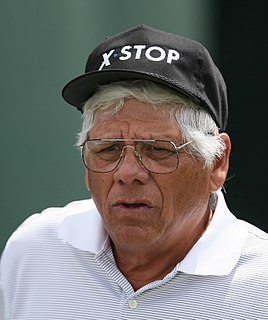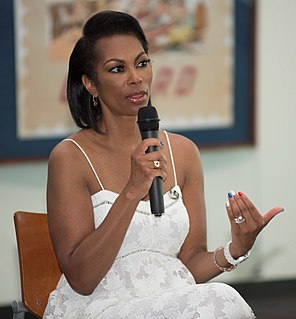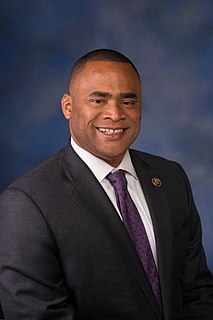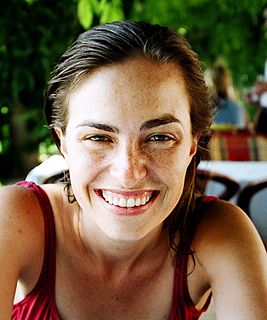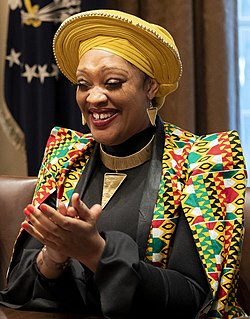A Quote by Mel Brooks
I was born on the kitchen table. We were so poor my mother couldn't afford to have me; the lady next door gave birth to me.
Related Quotes
I don't really remember, but I'm positive that whenever I cried, my mother gave me something to eat. I'm sure that whenever I had a fight with the little girl next door, or it was raining and I couldn't go out, or I wasn't invited to a birthday party, my mother gave me a piece of candy to make me feel better.
There was one time they knocked me out and laid me in front of my mother's door. And in order for my mother not to be shocked they readjusted my clothes and they saw that nothing was rumpled and I looked very comfortable next to the apartment door, so when my mother would open the door it wouldn't be that much of a shock.
When we were arguing on my twenty-fourth birthday, she left the kitchen, came back with a pistol, and fired it at me five times from right across the table. But she missed. It wasn't my life she was after. It was more. She wanted to eat my heart and be lost in the desert with what she'd done, she wanted to fall on her knees and give birth from it, she wanted to hurt me as only a child can be hurt by its mother.
My mother graduated from high school in 1969, and on January 3, 1971, she gave birth to me. She was married later that year, but by the time I was 10, she was a divorced single mother of two young boys. To make ends meet, we moved in with my grandparents, who were also housing two of my mother's siblings and their kids.
My parents, who were split up, were so good at keeping my environment strong and keeping everything around me not focused on the fact that we were poor. They got me culture. They took me to museums. They showed art to me. They read to me. And my mother drove two hours a day to take me to University Elementary School.

